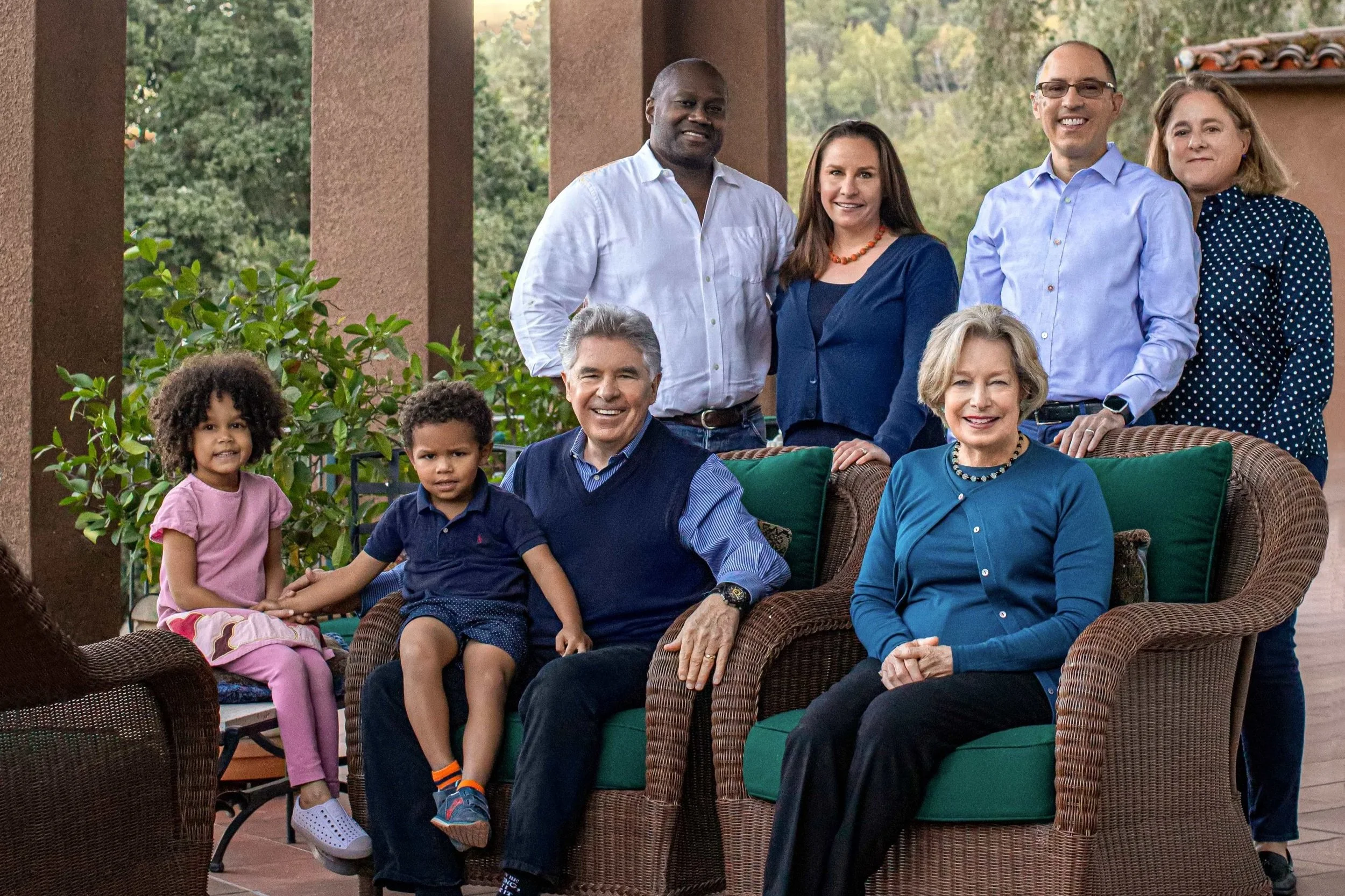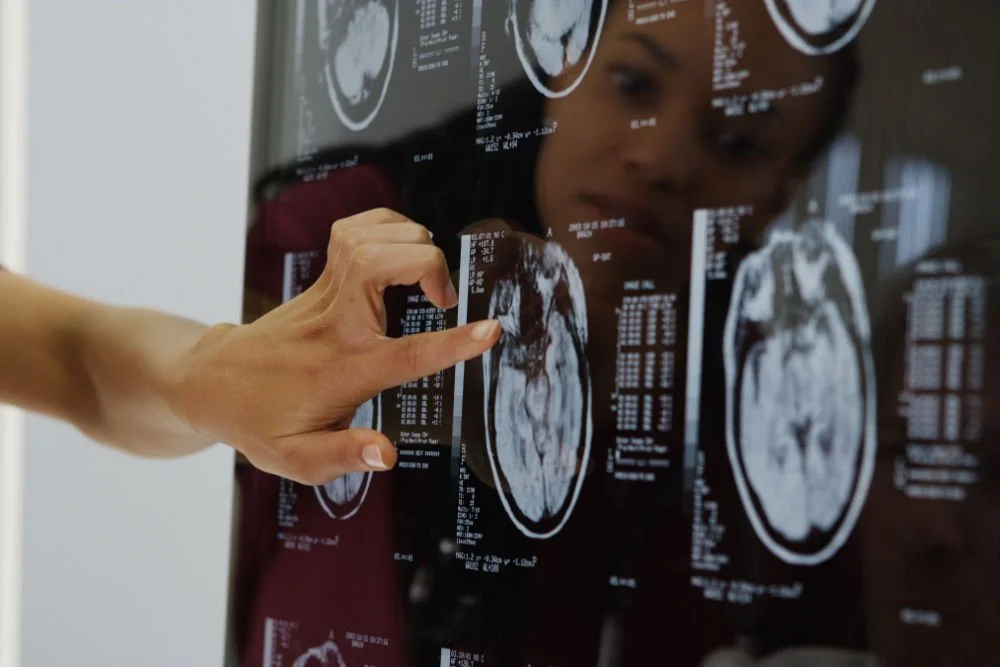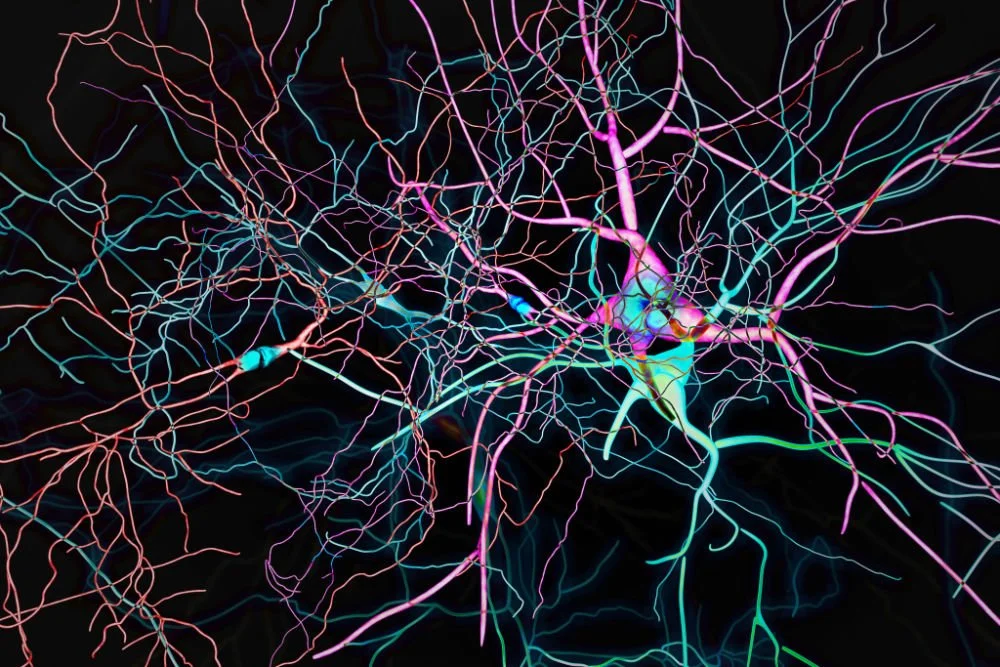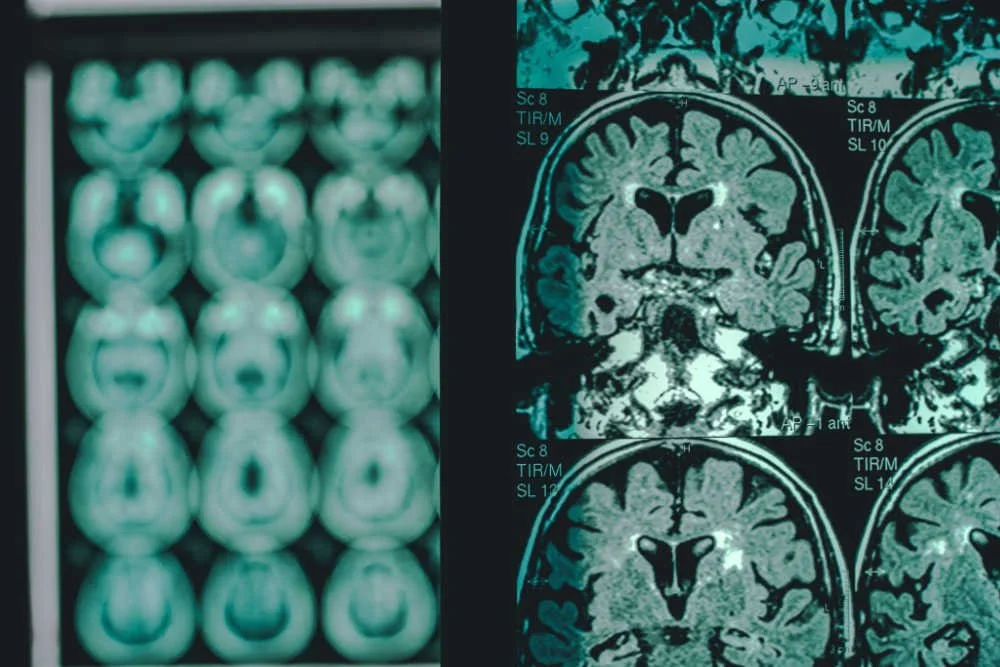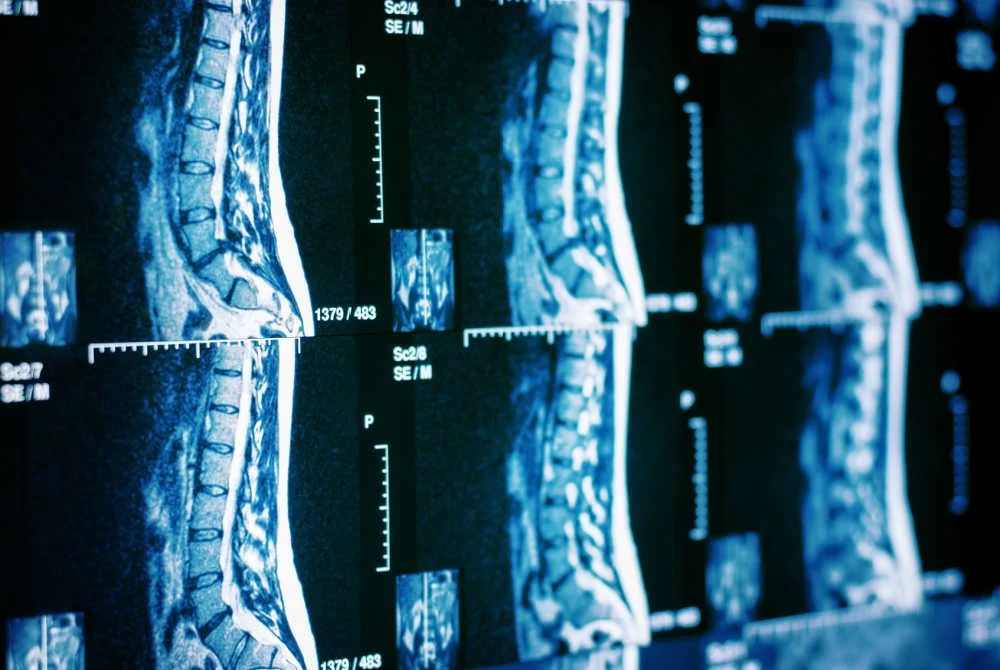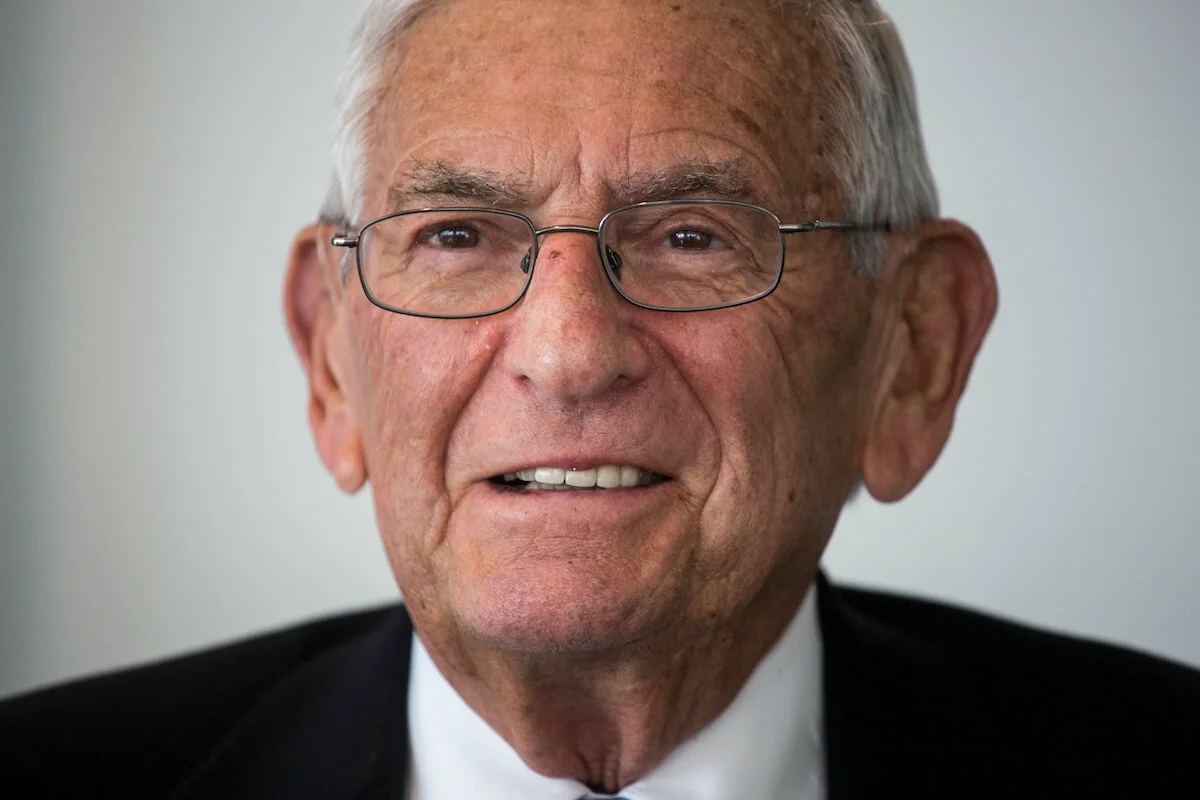MOST RECENT
The neurodegenerative disease gets less funder attention than other more common conditions, which is why a set of new $1 million research grants from the Hereditary Disease Foundation could really move the needle.
Aligning Science Across Parkinson's, established by the Google cofounder, wants to diversify genetic research into the neurodegenerative disease. Its latest big grant will expand the geographic scope of a key international study.
One unique feature of the Chan Zuckerberg Initiative is that it not only funds biomedical research, it employs a team of specialists to build new technology that can accelerate that research. Here’s how it works.
The Allen Institute and Chan Zuckerberg Initiative teamed up with the University of Washington to pioneer a new generation of research tools with the ability to record the life and times of individual human cells.
Psychedelics show great promise in a range of medical therapies, but legal constraints and stigma have kept public funding minimal. As a result, philanthropy remains crucial to advancing research. Here’s the latest gift.
Shari and Garen Staglin’s son Brandon began showing symptoms of schizophrenia as a teen. Today, he’s president of One Mind, which backs mental health, and the family is raising serious funds for research and more.
The Larry L. Hillblom Foundation funds research to cure diabetes and the degenerative diseases of aging. It was founded after the death of its eponymous original donor, about whom disturbing revelations emerged.
The Lauder family, with wealth from the cosmetics dynasty, is a top supporter of Alzheimer's research. We take a closer look at a recent $200 million commitment for drug development and philanthropy’s role in the field.
The Chan Zuckerberg Initiative is backing an effort to diversify the neuroscience field and the people participating in research on brain disorders. Is more such funding on the way?
We recently published an in-depth paper on trends in neuroscience research funding as part of IP’s State of American Philanthropy project. Author Mike Scutari takes a look at some of the report’s key findings.
Over 25 million Americans live with rare diseases, and 90% of rare diseases do not have an FDA-approved treatment. We look at how the National Organization for Rare Disorders is moving the needle in this evolving field.
The Chicago-based Muscular Dystrophy Association is a leading funder in the field of neuromuscular diseases. We check in with Chief Research Officer Dr. Sharon Hesterlee to discuss current challenges and priorities.
Millions will experience the effects of cognitive decline without being diagnosed with a neurological disease. Two prominent funders of cognitive aging research share how they are working to overcome this challenge.
CURE Epilepsy funds research to cure and more effectively treat a neurological condition that affects 3.4 million Americans. Part of that mission involves ending the silence that still surrounds epilepsy.
The FDA recently approved a new drug to treat ALS. Here’s how the ALS Association, equipped with funding from 2014’s viral Ice Bucket Challenge, contributed to that outcome — and what it’s looking to do next.
The Kavli Foundation is one of philanthropy’s most impactful supporters of neuroscience research. We check with Life Sciences Director Amy Bernard about the funder’s grantmaking priorities and an emerging area of focus.
Twenty years ago, Paul Allen's Institute for Brain Science launched with a project to map the mouse brain. Now, the NIH has tapped the institute to manage a global collaboration to map the human brain.
Once viewed as the “graveyard of neuroscience,” the field of spinal cord injury has made headway thanks to the Christopher & Dana Reeve Foundation. We check in with two leaders to discuss challenges and opportunities.
Bipolar disorder has been significantly understudied. In response, several donors with personal experience of the condition are working with the Milken Institute on a $150 million initiative to fund and coordinate global research.
The Chan Zuckerberg Initiative recently named Stanford Professor Stephen Quake as its new head of science. We spoke about his new role leading CZI's ambitious mission to treat all human disease within the century.
The 76-year-old Gates Family Foundation serves the state of Colorado using a leadership structure that blends community governance with family interests. The latest example is a $100 million medical research gift.
Neurodegenerative diseases like Alzheimer's have long resisted treatment, but new technologies show a path forward. Phil and Penny Knight's $75 million gift to Stanford will fund new campus-wide research.
Are smartphones and social media contributing to the youth mental health crisis? The Winston Family Foundation’s new center at UNC-Chapel Hill is conducting research on the poorly understood impacts of technology use.
For former teacher Annie Jacob, K-12 philanthropy is close to the heart. She and her husband Ryan Jacob have been big donors to groups that support children and people with disabilities, reflecting their values and experiences.
A $24 million donation from a major funder of neuroscience has established the new K. Lisa Yang Center for Bionics at MIT to develop next-gen synthetic limbs and other solutions for serious disabilities.
Eli Broad, who died last week, was a larger-than-life philanthropist. He tapped his fortune to bankroll ambitious initiatives in education, the arts and science. His turbo-charged giving offers both inspiration and cautionary lessons.
In 2009, Richard Rainwater was diagnosed with a rare neurodegenerative disease, part of a group of disorders called tauopathies. Rainwater passed away in 2015, but his foundation continues to be a major supporter of related research.
A $15 million gift is a reminder that giving for medical research is nearly always entwined with deeply human backstories about disease and suffering—ordeals that can reveal the limits of modern medicine and spur donors to action.
Just a few months old, the Adira Foundation seeks to help people with neurodegenerative diseases by developing a holistic understanding of their needs. Funding is guided by extensive input from people with direct experience.
Aligning Science Across Parkinson's, a research initiative backed by Google co-founder Sergey Brin, recently announced its first round of grants. The effort aims to link up different threads of research and funding in the field.







